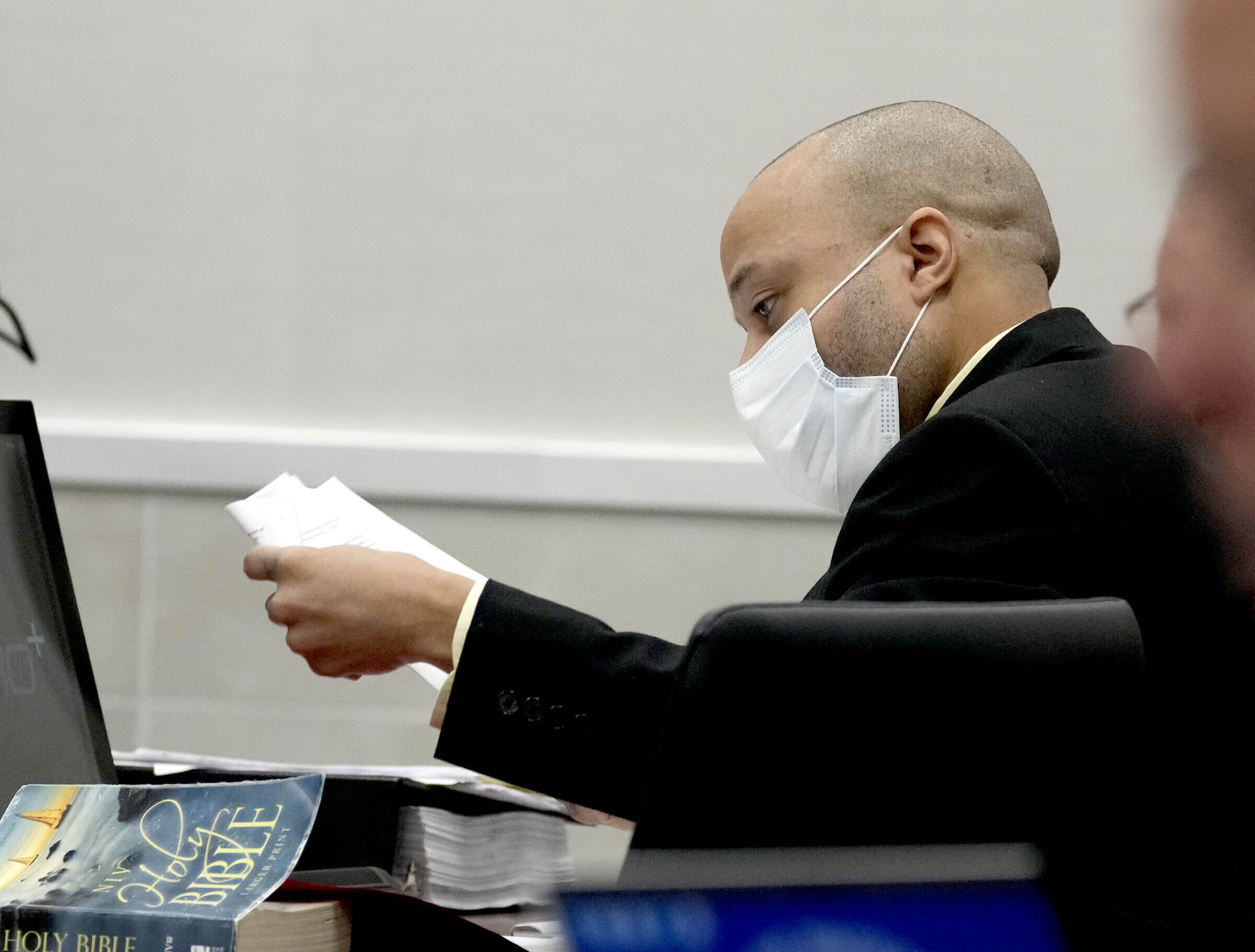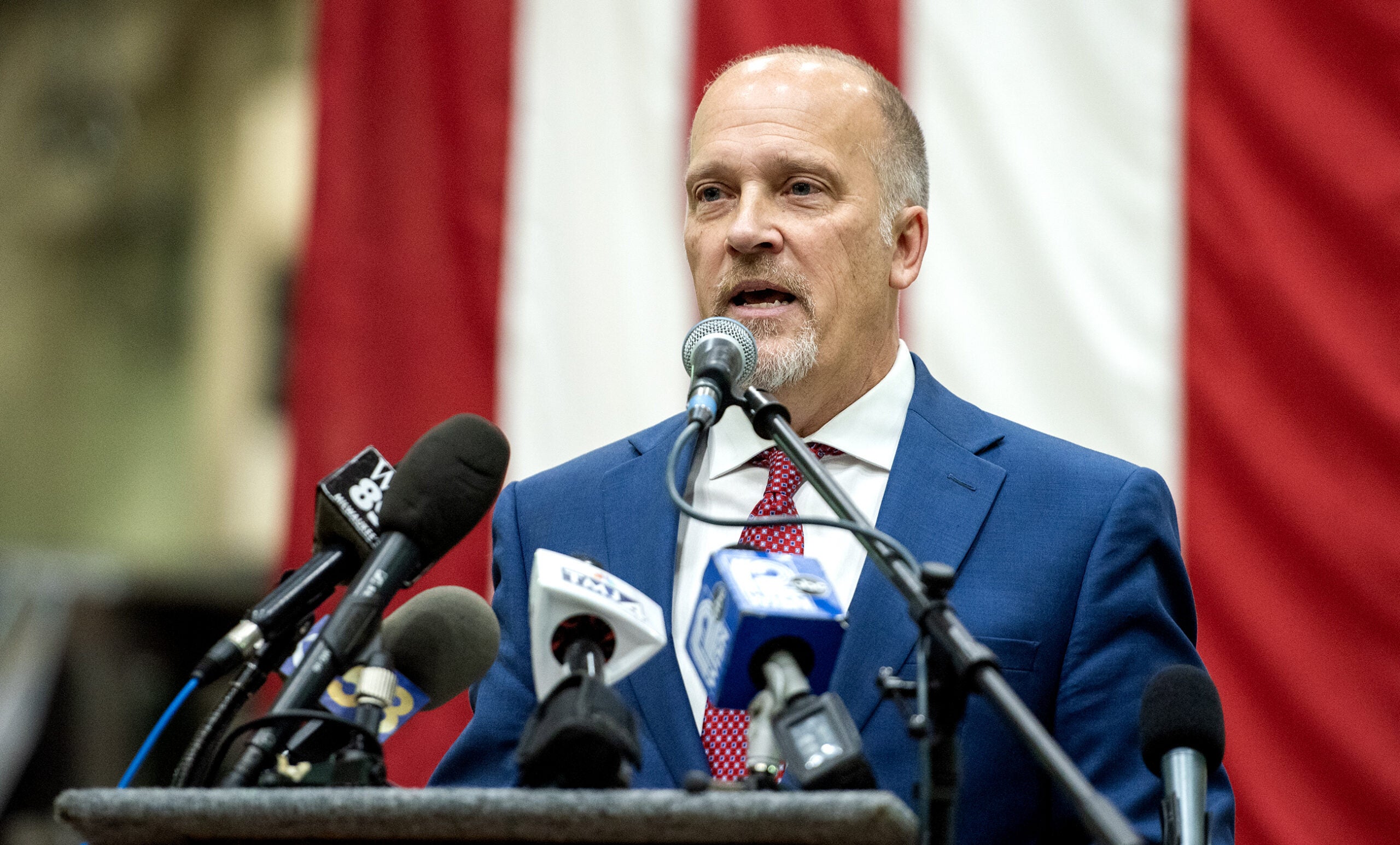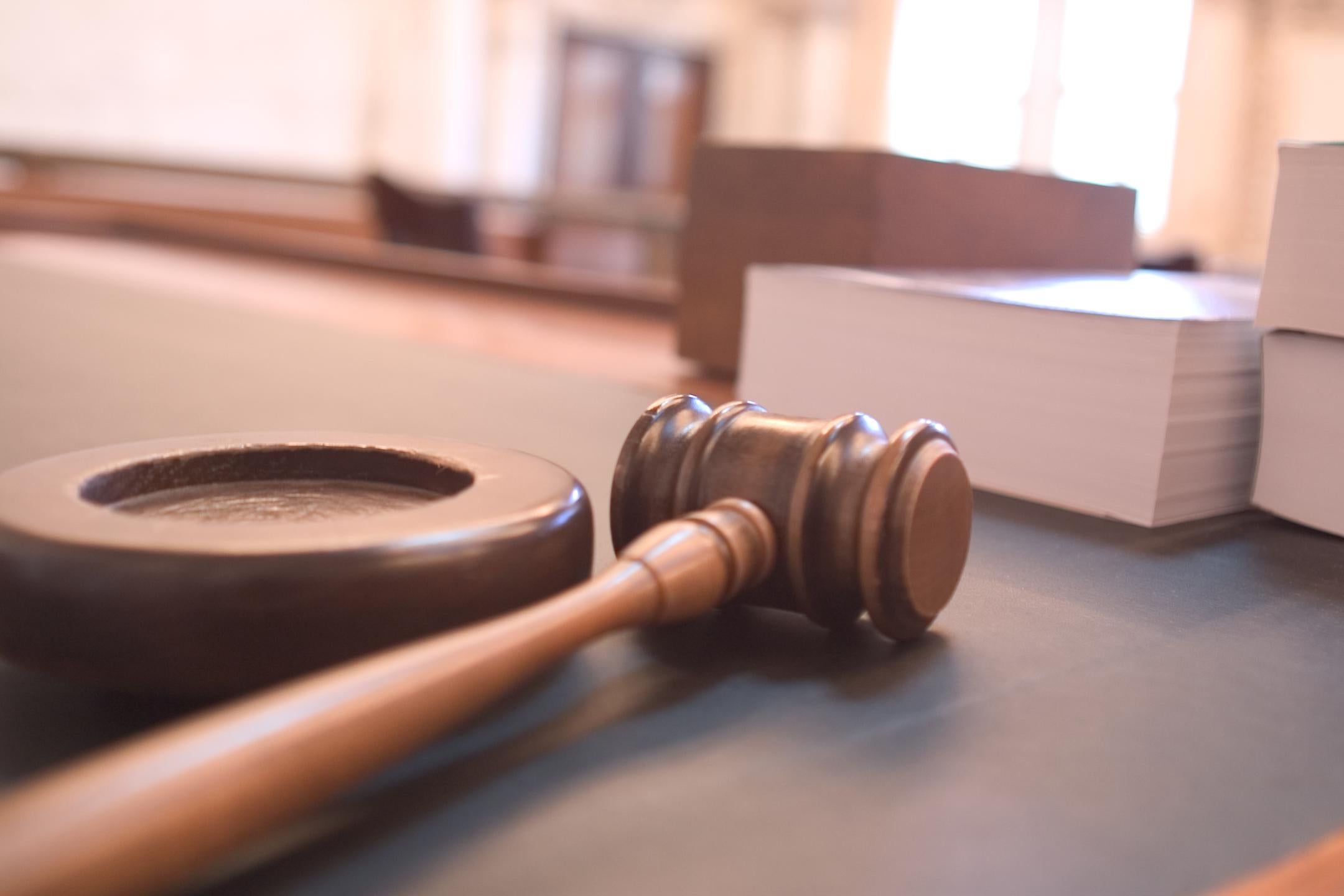As opening arguments in the trial for the accused driver in the Waukesha Christmas Parade tragedy are set to begin Thursday, the judge is walking a tightrope between allowing defendant Darrell Brooks Jr. to represent himself and keeping control of the courtroom despite his repeated outbursts.
Brooks faces a lifetime in prison if convicted of the 77 charges against him, including six counts of homicide. He is accused of driving his vehicle through the crowd of the Waukesha Christmas Parade last year, killing six people and injuring dozens.
Last week, Waukesha County Circuit Court Judge Jennifer Dorow ruled Brooks would be allowed, at his request, to represent himself at trial without the help of a lawyer. But within minutes of jury selection beginning Monday, Dorow had Brooks removed from the courtroom after he repeatedly interrupted and questioned the proceedings.
Stay informed on the latest news
Sign up for WPR’s email newsletter.
“This is sort of a perfect storm for all the bad things that can happen,” said Keith Findley, a professor of law at the University of Wisconsin Law School.
“She now has to deal with this person who is being disruptive,” Findley continued. “She has to somehow respect his ability to represent himself, while still maintaining control of the courtroom and making sure the proceedings can move forward.”
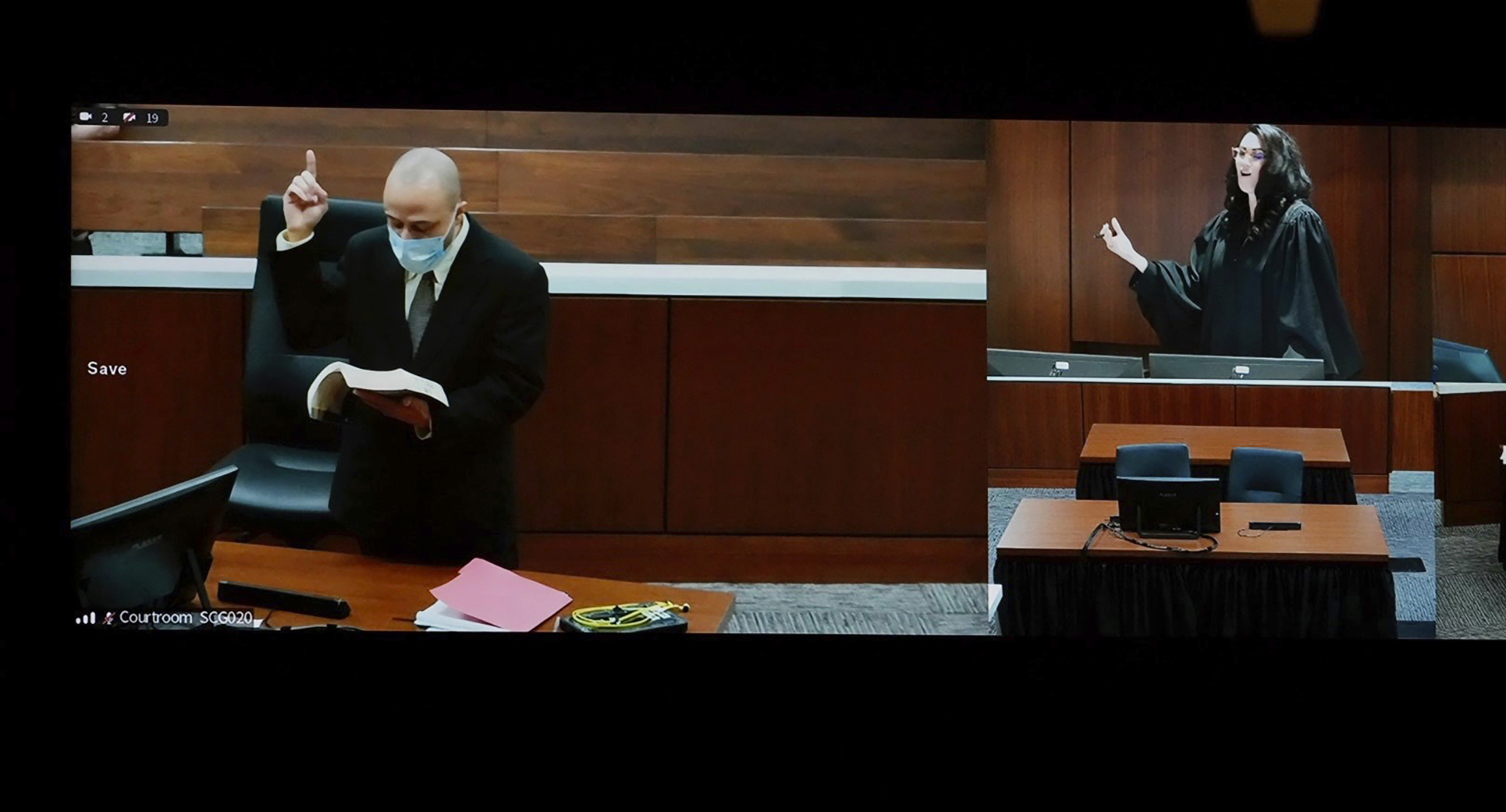
Dorow cited the case Illinois v. Allen in her decision to remove Brooks. That case said a judge may remove a defendant who is being disruptive and interrupting the judge if they’re given proper warning.
Findley said defendants don’t often get removed from court, as most defendants have counsel to help control their behavior. But he added that the judge must allow the defendant to come back into the courtroom when possible.
Brooks has already said he plans to file an appeal because he’s been removed from the courtroom.
“No matter what the judge does here, yes, it is a potential basis for an appeal, but that doesn’t necessarily mean it’ll be successful,” Findley said. “I think an appellate court will be very sympathetic to Judge Dorow’s dilemma here and the way she’s trying to navigate it.”
While he has been removed from court, Brooks has been allowed to participate through a livestream in an adjacent courtroom.
“It may be the only substitute that works under these circumstances and courts will recognize that,” Findley said about the decision.
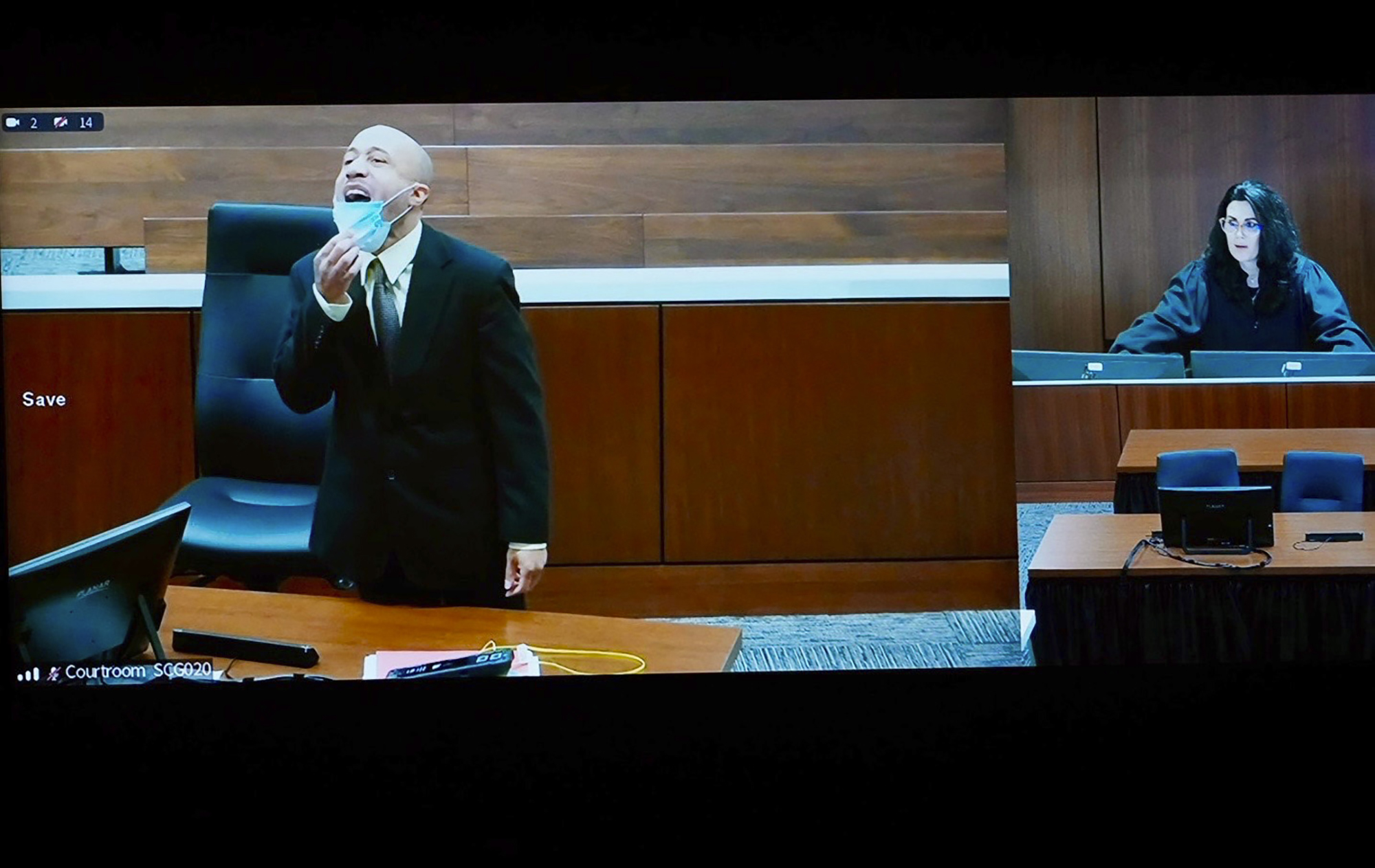
Ion Meyn, an assistant professor of law at UW-Madison, said he believes Brooks could be using the disruptions as a delay tactic.
“It’s a tough position for the judge,” Meyn said.
He also said allowing Brooks to be present in the courtroom with the potential jurors while he’s being disruptive could make the jurors prejudiced against Brooks.
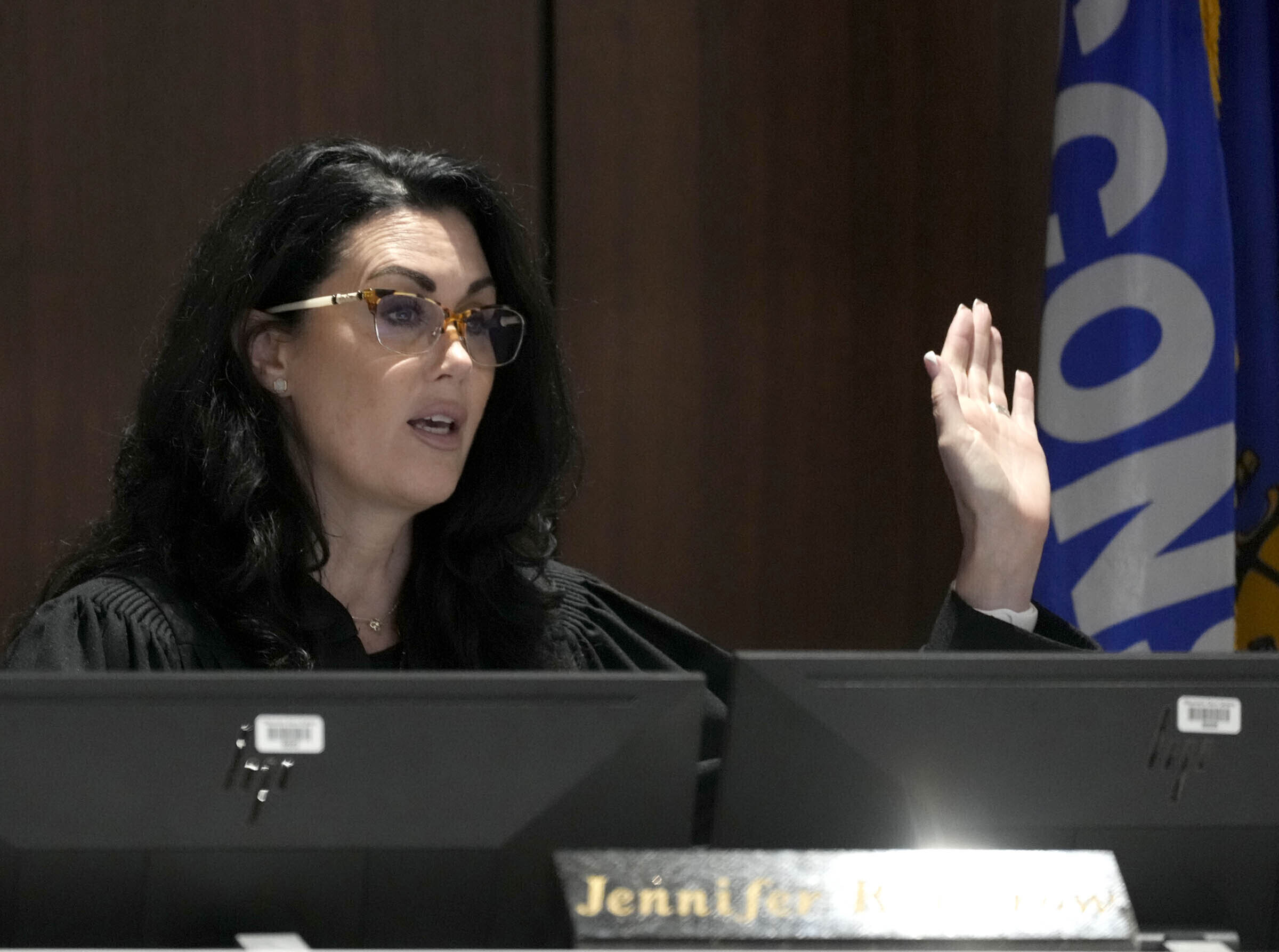
“The judge is not only respecting the process … but also protecting the defendant,” Meyn said.
In making her ruling last week, Dorow said Brooks, 40, could act as his own lawyer after he waived his right to an attorney. She allowed his two public defenders to withdraw from the case. But Dorow said while Brooks does have a right to self-representation, it is “not absolute.” She has also said she believes Brooks is mentally competent enough to represent himself.
“I have not been able to find on the record, and he (Brooks) has not advised the court of any disability, physical or psychological or otherwise, that would affect his ability to communicate with the court or with a jury,” Dorow said during a hearing Thursday.
Brooks’ mother Dawn Woods wrote a letter last week to Dorow, saying she believed Brooks was in an “unstable mental state.”
“Now whether he is competent or not, that’s a difficult question and one that she’s (Dorow) probably best situated to decide, given that she’s been there dealing with him all this time now,” Findley said.
Deja Vishny, a Milwaukee-based defense attorney who has been following the case, said she doesn’t believe Brooks is competent enough to represent himself at this point.
“Mr. Brooks does not appear to be competent to represent himself by looking at the way he’s conducting himself in the courtroom,” Vishny said. “He’s showing clear signs of mental illness, and it’s very problematic because there’s no real defense that’s consistent with the law being put forward on his behalf.”
On Monday, Dorow said if Brooks continues to be disruptive, she could appoint another attorney to the case.
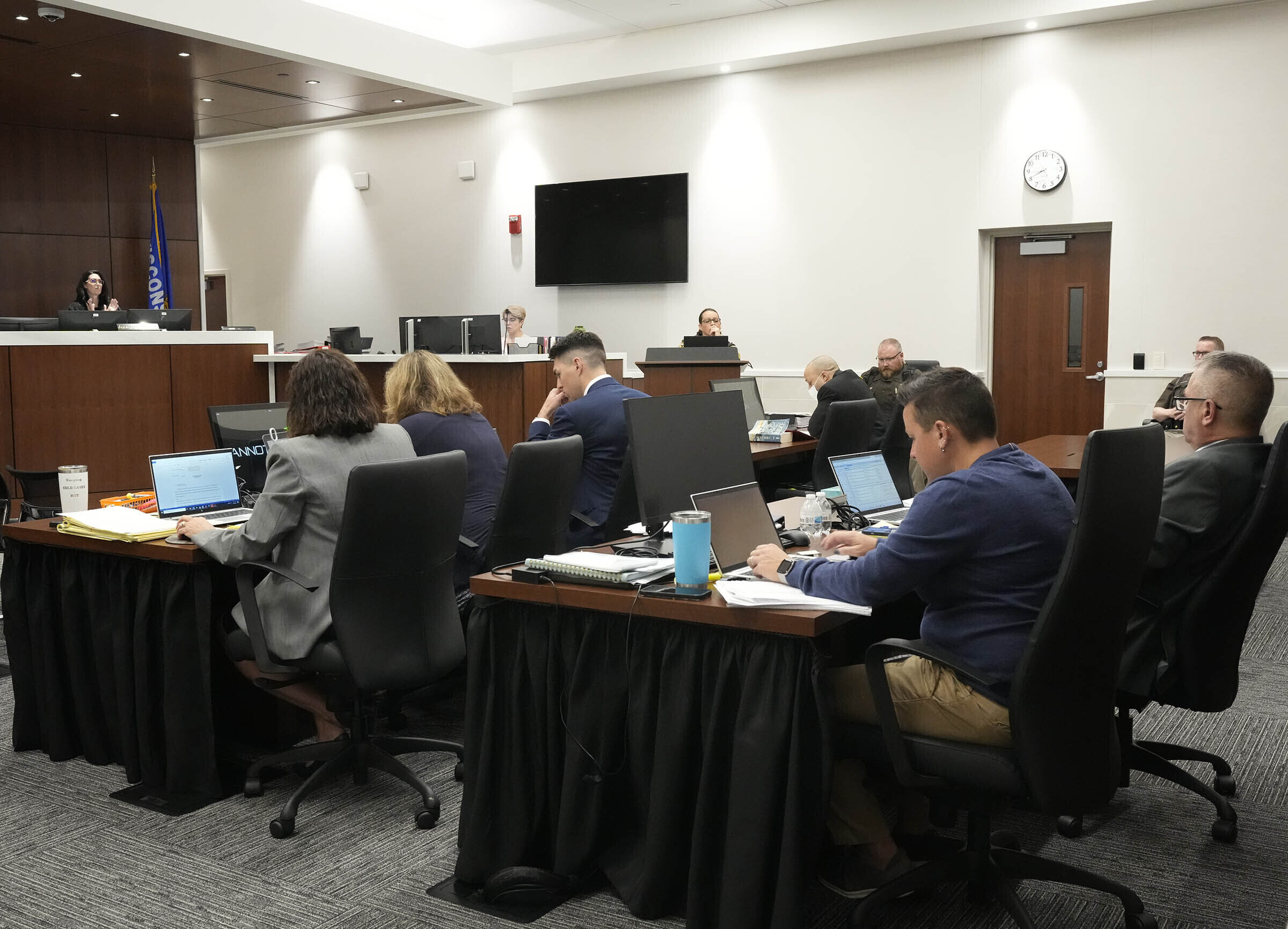
Wisconsin Public Radio, © Copyright 2025, Board of Regents of the University of Wisconsin System and Wisconsin Educational Communications Board.

